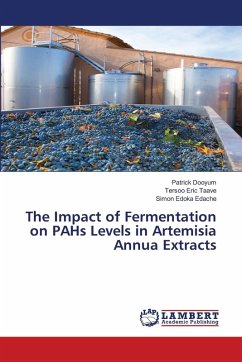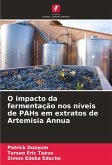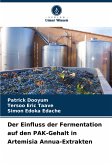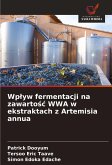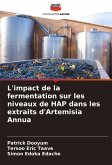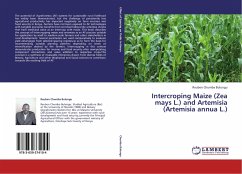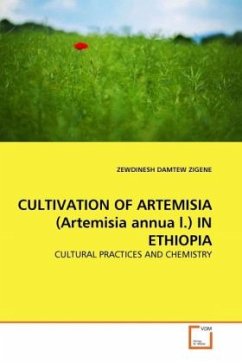This study assessed polycyclic aromatic hydrocarbons (PAHs) in fermented leaf extracts of Artemisia annua, a medicinal plant known for its antimalarial and skin benefits. With the plant's growing use in Nigerian traditional medicine, we explored how fermentation, which enhances bioactive compounds, affects PAH levels-known for their carcinogenic and mutagenic risks. Leaves were fermented using Saccharomyces cerevisiae and analyzed via Gas Chromatography-Mass Spectrometry (GC-MS), identifying 24 PAH compounds, including Naphthalene and Anthracene. The results showed that fermentation can alter PAH profiles, with some compounds exhibiting increased concentrations that may pose health risks if consumed excessively. While fermentation may enhance therapeutic properties, it also raises safety concerns regarding PAH contamination in medicinal plants, underscoring the need for careful regulation in traditional medicine practices.
Bitte wählen Sie Ihr Anliegen aus.
Rechnungen
Retourenschein anfordern
Bestellstatus
Storno

